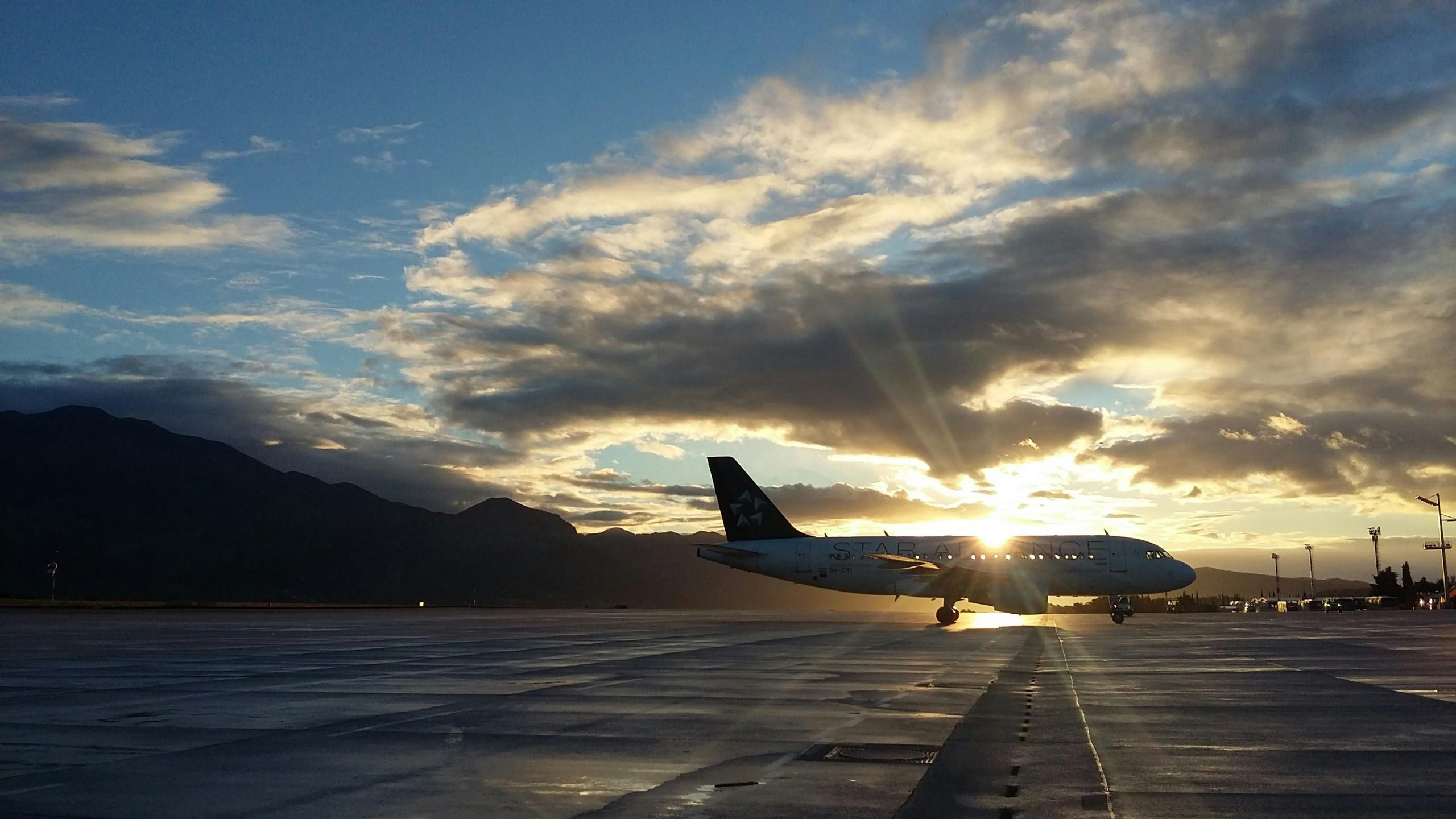
The global airlines sector faces both physical and transitional risks due to climate change, with the sector preparing to undergo a major technological transformation in the medium to long term to achieve net-zero emissions targets, according to a commentary by Morningstar DBRS.
While global air travel contributes 2.8% of global carbon emissions and around 12% of the total transportation sector emissions, the decarbonization process in the airlines sector is expected to be long and gradual.
In the near term, the focus is likely to remain on carbon offsets, while Sustainable Aviation Fuel (SAF) is expected to contribute meaningfully in the medium to long term. Alternative propulsion technologies, such as battery-electric and hydrogen-powered aircraft, may take a long time to become viable.
As a result, Morningstar DBRS does not expect the sector’s ratings profile to be materially affected by transitional risks in the near term. However, over the longer term, the transition towards alternative technologies would require heavy investments and will be critical for airlines’ survival as the regulatory environment is likely to tighten as technology develops.
The commentary also highlights that physical climate risks, such as extreme weather events, are increasingly affecting airlines’ operational resilience. While the impact arising from an increase in the frequency and intensity of weather events may have a material negative impact over the longer term, the near-term impact is not projected to be significantly above historical norms.
The sector’s decarbonization efforts have failed to keep pace with growing travel activity, despite significant fuel and carbon efficiency gains in the last few decades. The path to achieve net-zero emissions requires significant progress in alternative technologies, particularly SAF, with the International Air Transport Association (IATA) expecting 65% of net emissions reductions by 2050 to be achieved from SAF.
As the industry decarbonizes, air travel is expected to become more expensive, with SAF currently being 2 to 9 times more expensive than jet fuel. The total investments required by the aviation sector for SAF and alternative propulsion technologies is estimated at USD 175 billion annually until 2050 (around USD 5 trillion in total).
Morningstar DBRS considers transitional risks as more impactful for the airlines sector in the near term compared to physical risks. When applying their ESG Criteria to a credit rating, the environmental factor of Carbon and GHG costs is currently flagged as Relevant for airlines, indicating that the factor has some credit impact but is not sufficient to change the overall rating or trend in the rating.
Over the long term, the carbon and GHG cost factors could become Significant in the ratings processes, resulting in changes to credit ratings or trends, depending on changes in legislation and the pace of progress and cost incurred by airlines to adopt alternative technologies.




